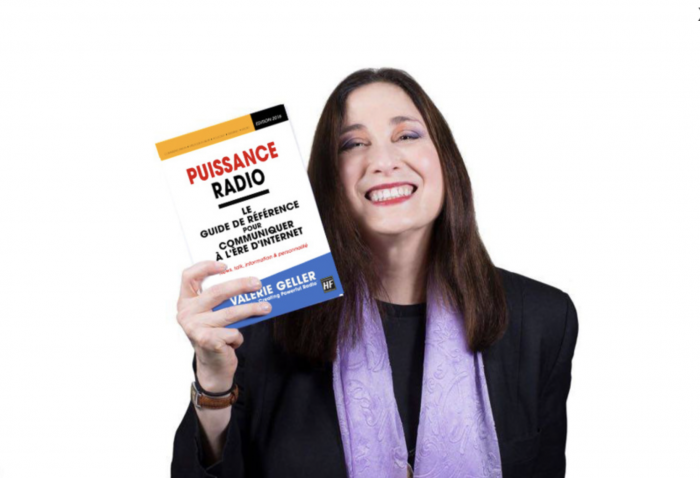By Valerie Geller – Talent Coach
Read more at: https://radioinfo.com.au/news/finding-your-next-radio-stars/ © RadioInfo AustraliaAre you facing 2024 with joy, enthusiasm, and anticipation of new professional challenges? If not, you may be experiencing burnout. It can happen to performers, executives, or anyone facing the daily demands of our competitive field. And, while burnout can be a type of exhaustion or energy drain, it is different from genuine clinical depression. And it can be fixed.
You may be dealing with staff burnout if.
- Staff complain, call in sick, and are late for work.
- Their ideas don’t seem to flow as easily; they are watching the clock and relying on other people’s ideas more than their own.
- Their shows aren’t as good as they once were.
Since your staff doesn’t come with “care and folding” instructions, open communication between talent and management is critical, otherwise, you may contribute to burnout.
Exhaustion and pressure can lead to burnout for managers as well. Broadcast resources have been stretched thin, meaning managers are taking on more. Many feel frustrated and overloaded, with too much to do in a day. Unless companies provide managersmwilh realistic goals, burnout remains a risk.
Don’t Live in Fear
We do not work in stable careers. You might find yourself out of a job at any time, for any reason. Job insecurity can add stress and havoc to the already fragile radio life. Most broadcasters have many skills and may have several careers over a lifetime. As scary as change can be, it’s belter to make the switch than burn out in a job that’s not right for you, or not right for you right now.
Life Balance
When you’re driven to accomplish, it’s easy to lose perspective on the rest of your life. It’s easy to become consumed by budget constraints, destructive corporate directives, distractions, and ever-decreasing decision-making latitude.
The way to survive is to stay focused on the positive.
Avoid energy vampires who exhaust you, who suck the life out of you by overwhelming you with problems. Surround yourself with people who nourish you, who give and don’t just take.
Radio Doesn’t Love You Back…
But people do. Be with those people. Do not become your work. Do things that make you happy and give you a sense of accomplishment.
Create a balance. Burnout happens when you can no longer grow. Don’t let that happen. If you’re drained, reinvest. Look at art. Go to a movie or the theater. Garden. Read. Talk to kids. Play. Or make some art. Exercise. Listen to music.
You’ve got to stimulate your creativity and fun, even if you are “not in the mood right now.”
The root of the word vacation is “vacate” – to leave. Go into “media or news rebellion.” Turn off your computer, get away from all screens, break the monotony of your daily routine, and put it all in a new perspective.
Tips for Avoiding Burnout
Many years ago, the publication Radio Sales Analyst offered the following tips:
- An employee’s behavior is functionally related to how you treat them.
- People don’t resist their own ideas.
- People will live up (or down) to your expectations.
- You must know the individuals you are trying to motivate.
- People will change only when they think they must.
- Productive activity that is ignored will lend to decrease over time
- Achievement and recognition are the top motivators.
- Be prepared. Always have your resume and updated demo materials ready, no motter how happy or popular you are in your present gig.
- Don’t get involved in station gossip or politics. You increase your chances of being spared through ratings dips and managerial changes if you keep your mouth shut and your nose clean.
- Keep a good attitude about the station.
- No matter how messed up things are, avoid complaining. Be selective about the battles you fight, then fight them with the highest level of dignity, professionalism, and maturity possible. If you are unhappy at a given stalion, move on.
Finally, if you are truly feeling burned out, get help, and talk to people you trust. Check to see if your company has an in-house health program or covers the cost of seeking help from other sources. Try a support group.
Take a break. The odds are good you will get your passion, soul, and life force back.
 Excerpted with permission from Beyond Powerful Radio – A Communicators Guide to the Internet Age by Valerie Geller.
Excerpted with permission from Beyond Powerful Radio – A Communicators Guide to the Internet Age by Valerie Geller.
Routledge Press; www.beyondpowerfulradio.com
International broadcast consultant Valerie Geller is a talent coach and radio/podcast trainer. Reach
her at www.gellermedia.com

